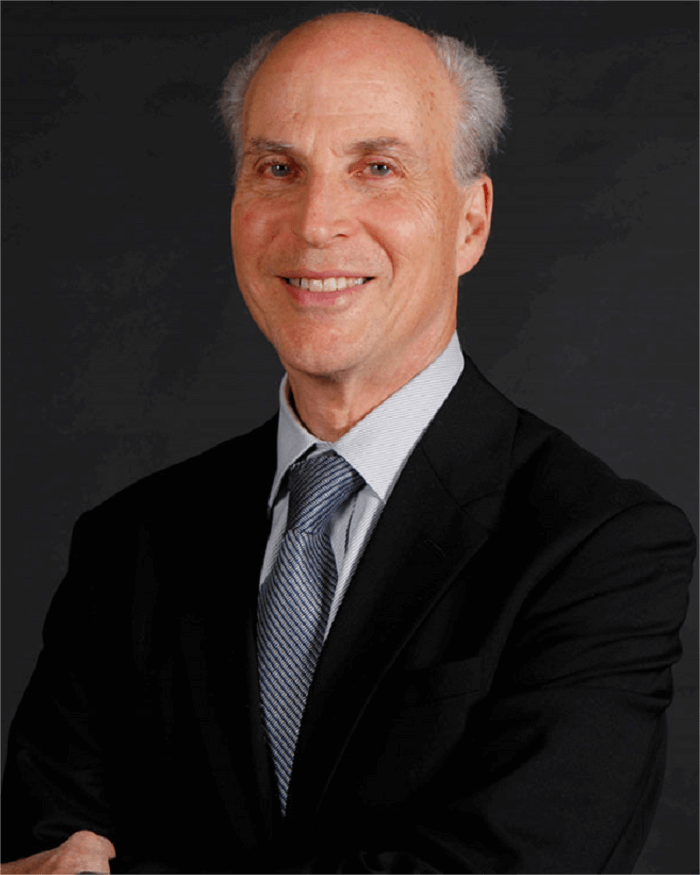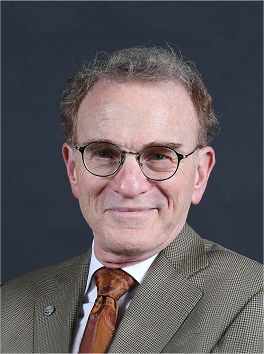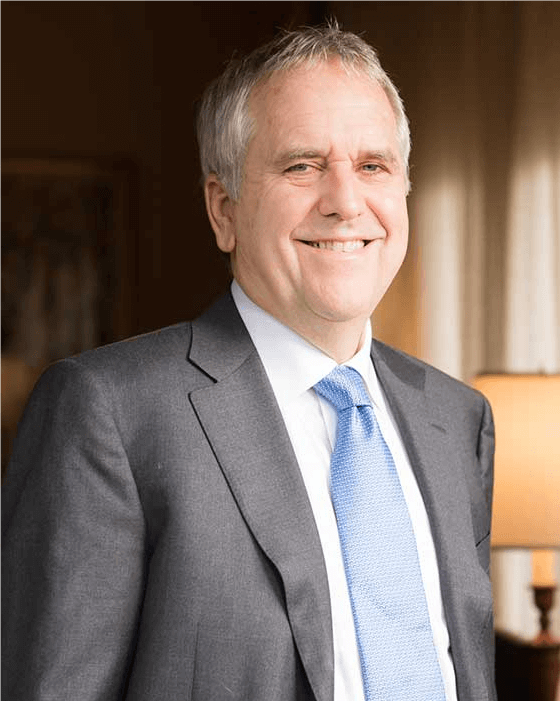User Registration Agreement
Welcome to visit the World Laureates Association Prize (WLA Prize, hereinafter referred to as "We/us/our") Nomination Portal, thank you for choosing and accepting our services. The User Registration Agreement (the "Agreement") is an agreement between you and the WLA Prize for the use of https://www.thewlaprize.org/ (the “Website”) and or/ mobile client, including registration, login, accessing certain content, uploading or otherwise submitting content and acceptance of related services.
1. Special Notice
1.1 In order to provide you with better services, please read the contents of this Agreement carefully, especially the bold part. If you have any questions about the content of this Agreement or the information on the page, or do not agree with this Agreement, please do not proceed to the next step. If you click to confirm and start using our services, it means that you have fully understood this Agreement and agreed to be a party to this Agreement to accept the all of the terms and conditions set forth in this Agreement and any other agreement or document incorporated herein by reference (including but not limited to the "Privacy Policy").If you do not wish to accept the terms and conditions of this Agreement, PLEASE DO NOT proceed with the registration.
1.2 If you are a person without civil capacity or with limited civil capacity, please inform your guardian, and read this Agreement and use our services under the guidance of your guardian.
1.3 If you are not a user in the People's Republic of China (for the purpose of this Agreement, excluding Hong Kong, Macau and Taiwan), you must also comply with the laws of your country or region, and you confirm that entering into and executing this Agreement does not violate the laws and regulations of the country or region where you belong, live, or conduct business activities or other businesses.
2.1 Website: refers to https://www.thewlaprize.org/, and/or mobile client.
2.2 Account: refers to the login account that we open for you after you obtain the user ID and pass the identity verification. If you have not completed the identity verification, you cannot use the WLA Prize Nomination portal.
2.3 Personal information: refers to various information recorded electronically or in other forms that can identify a specific natural person independently or in combination with other information or reflect the activities of a specific natural person, including but not limited to the name, date of birth, ID number, email address, personal biometric information and contact information.
2.4. Identity elements: refers to the information elements we use to identify your identity, including but not limited to your user ID, login account number, password, SMS verification code, phone number, email address, ID number and biometric information.
2.5 Authorities: refers to entities that have the authority to request inquiries, suspending and other measures in accordance with laws and regulations, including but not limited to public security agencies, procuratorates, courts, customs, and tax agencies, etc.
3. Account Registration, Use and Cancellation
3.1 To submit WLA Prize nominations, you need to complete the registration of the website account by submitting your email address. When submitting the nominations, you also need to provide us with your personal information, including but not limited to your name, position, affiliation, and CV. When you register and use our services, you should provide us with true, accurate, complete, legal and valid information, and have full responsibility for such information and you are obliged to maintain and update your information in a timely manner. We are not responsible or liable to any third party, for the content or accuracy of any information provided by you.
3.2 You understand and promise that the account you set up shall not violate national laws and regulations and the provisions of this Agreement, your account name and other registration information shall not contain illegal or negative information, and you may not open an account in the name of another person without the permission of others. We shall have the right to review the information you submitted.
3.3. Your account is only for your own use. Without our written consent, it is prohibited to give, borrow, rent, transfer, sell or otherwise permit others to use the account in any form. If we find out or have reasonable grounds to believe that the user is not the initial registrant of the account, in order to protect the security of the account, we shall have the right to immediately suspend or terminate the provision of services to the registered account, or cancel the account.
3.4. You shall be responsible for maintaining the security of your personal accounts and passwords, shall not disclose your accounts and passwords to others under any circumstances, and assume full legal responsibility for the activities you engage in in the name of the registered account. If you find that someone else uses your account without permission or any other security leaks occur, you shall notify us immediately.
3.5 After you complete the website account registration, log in and conduct reasonable and necessary identity verification. You understand and agree that for security and identification considerations, you may not be able to modify the initial registration information and other verification information provided during registration. You can also apply to cancel your account. We will assist you in canceling your account or deleting relevant data after completing reasonable and necessary verification such as verification of personal information, security status, and device information.
4. Third-party Links and Services
In order to provide you with better services, we may set up third-party links on our Website. It is up to you to decide whether to access these links. We cannot guarantee the authenticity, accuracy and reliability of the information provided by the third party. Any disputes or damages arising out of or relating to third-party links have nothing to do with us, and we do not assume any responsibility.
5. The User's Commitment to Use the Service Legally
You shall be responsible for your use of our services. If we have reason to believe that your behavior violates or may violate laws and regulations or this Agreement, we can independently judge and deal with it, and we shall have the right to take any action with respect to any users that we deem necessary or appropriate in our sole discretion, including terminating the provision of services to you without prior notice and to pursue relevant legal liabilities. You must not commit the following acts when using the services we provide:
5.1 Produce, transmit or publish any illegal or criminal information which is defamatory, obscene, indecent, abusive, offensive, harassing, violent hateful, inflammatory or otherwise objectionable;
5.2 Use any plug-in, tag-on service, system or third-party tool that is not authorized or licensed by us to interfere, destroy, modify or otherwise affect the normal operation of related services;
5.3 Activities that endanger network security such as illegal intrusion into the network, interference with normal network functions, and theft of network data;
5.3 Activities that endanger network security such as illegal intrusion into the network, interference with normal network functions, and theft of network data;
5.4 Without permission, attempt to detect, scan, test the weakness of our system or network, or perform other behaviors that disrupt network security;
5.5 Reverse engineer, reverse assemble, compile or otherwise attempt to discover the source code of our Website or program;
5.6 Malicious registration of website accounts, including but not limited to frequent and bulk registration of accounts;
5.7 Impersonate any person, or misrepresent your identity of affiliation with any person or organization;
5.8 Violate the legal rights (including the rights of publicity and privacy) of others or contain any material that could give rise to any civil or criminal liability under applicable laws or regulations or that otherwise may be in conflict with this Agreement or any documents incorporated herein;
5.9 Infringe any patent, trademark, trade secret, copyright or other intellectual property or other rights of any other person;
5.10 Commit other acts in violations of laws and regulations or this Agreement.
6. Protection of User’s Rights and Information Protection
We fully respect and protect users' privacy and work with you to protect your personal information. During using thisWebsite, you may need to provide relevant personal information so that we can provide you with better services and corresponding technical support. We will use encryption technology, anonymization and other technical measures that match the service and other security measures to protect your personal information. For more information about the protection of users' personal information, please see our "Privacy Policy".
7. Liability for Breach of Contract and Exemption
If either party of this Agreement is unable to perform or fully perform the agreed obligations, the breaching party shall be liable for breach of contract. We are exempt from liability if we are unable to provide services normally due to the following reasons:
7.1 Our system is shut down for maintenance or upgrade;
7.2 Force majeure including but not limited to typhoon, earthquake, flood, lightning or terrorist attack;
7.3 The software and hardware, communication lines, or power supply lines of your electronic equipment are malfunctioning;
7.4 Your improper operation or using our services in a way that is not authorized or approved by us;
7.5 Viruses, Trojan, malicious program attacks, network congestion, system instability, system or equipment failures, communication failures, power failures, bank fault, third-party service defects, or government actions.
Notwithstanding the foregoing, we will take reasonable actions to actively promote the resumption of normal services.
8. Protection of Intellectual Property Rights
8.1 We lawfully own the intellectual property rights, including but not limited to trademark rights, patent rights, copyrights, trade secrets, etc. embodied in works, pictures, files, information, materials, website structure, website page arrangement, website design.
8.2 Without our written consent, it is not permitted to use, modify, decompile, reproduce, publicly disseminate, change, distribute, issue or publicly publish the website program or content.
8.3 Protecting intellectual property rights is your obligation. If there is any violation, you shall be liable for damages.
9. Revision and Notice of this Agreement
9.1 In order to provide you with better services, we will update and improve the service from time to time, and timely revise, supplement and otherwise modify this Agreement. Any such changes will be effective immediately and incorporated into this Agreement. These amendments constitute part of this Agreement and have the same force and effect as this Agreement. Without your explicit consent, we will not reduce your rights under the Agreement as presently in effect. Registered users are encouraged to review the most current version of the Agreement on a periodic basis for changes. Your continued use of service following such notice constitutes your acceptance of any revised terms of the Agreement.
9.2 If we modify this Agreement, we will announce it in advance through a website announcement and obtain your consent through a pop-up window. If you cannot agree to the content of the modified agreement, you shall have the right to stop using the relevant services. If you continue to use our services after this policy update takes effect, you will be deemed to have fully read, understood and accepted the updated agreement, and are willing to be bound by the updated agreement.
10. Application of Law and Jurisdiction
The validity, interpretation, modification, execution and dispute resolution of this Agreement shall be governed by the laws of the People's Republic of China. This Agreement is written in English versions. In the event of a dispute arising in the performance of this Agreement, both parties shall negotiate and resolve it. If either party of this Agreement is unwilling to negotiate or the negotiation fails, either party shall have the right to submit the dispute to Shanghai International Economic and Trade Arbitration Commission for arbitration in accordance with the arbitration rules in effect at that time. The arbitration award is final and binding on both parties.
11. Indemnification
You agree to indemnify, defend and hold us harmless from and against any and all liability, losses, damages and costs, including, without limitation, reasonable attorneys' fees and costs, arising out of or relating to your violation of this Agreement or your use of the Website, including, but not limited to, any use of the Website’s content or services other than as expressly authorized in this Agreement or your use of any information obtained from the Website.
12. How to contact us
If you have any questions, comments and suggestions, please contact us through the following contact information:
Email: info@thewlaprize.org
Mailing Address: Building 8, No. 57 Nanchang Road, Shanghai, China
We will properly handle your questions. Normally, we will reply within 5 working days after verifying your identity.
Last updated: March, 2023



